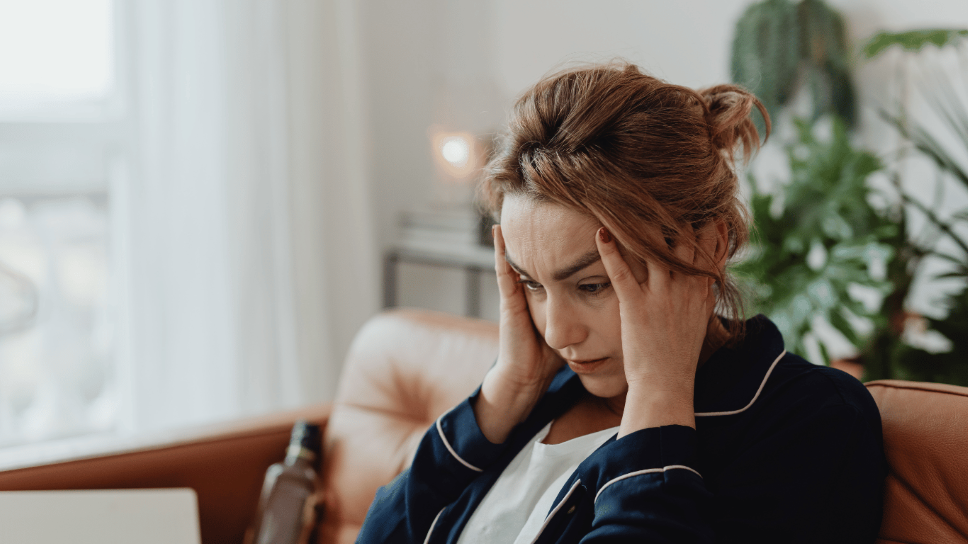Drug and alcohol abuse is not something to take lightly. Even in recovery, people struggle to stay clean and sober because of triggers and mental health issues. Prevention tips are helpful for family members and loved ones who also want to support someone they care about but are not sure how to best help them.
Why Relapse Happens
Substance use disorders are chronic, meaning they are ongoing, whether or not you are in recovery. Sadly, roughly half of the people in recovery are at risk of relapse. Addiction changes the way the brain and body function. With the high likelihood of relapse, it helps to have some way to mitigate stressors and triggers to make it less likely. When a person stops using drugs, it takes time to get the mind and body back to where it does not crave substances. It may be some time before this happens. Even then, triggers and stress or life continue to happen and cause cravings. There is no timeline for this to stop, as everyone’s recovery is different. The key is to have a strong focus on relapse prevention techniques.
Relapse Stages
Early warning signs of relapse can be hidden or more overt. The goal is to identify and find ways to navigate them. Here are some of the relapse stages:
- Job demands: Being back at work can be demanding. It requires a lot of a person’s time, effort, and energy. Recovery programs teach you how to take care of yourself but you may not be able to manage all of that easily. You are more likely to relapse if you are not getting enough sleep or working too much. Job demands are a big reason why relapse happens as it can trigger mental health, and dependency issues
- Emotional triggers: If emotional relapse is not treated, you might begin to think about past problems, past use, past friends, etc. There is not always space to adequately process these feelings, and they tend to hit pretty hard. You might want to lie about how you feel, but it can progress from cravings to actively seeking out drugs or alcohol. Loved ones who are emotionally struggling may withdraw, seem moody, and not like themselves. It helps to ask what they’re experiencing and how best to help them.
Relapse Trigger Support
To avoid relapse, it helps to put knowledge and skills to the test. Identifying triggers and finding positive coping mechanisms are essential. A healthy diet, getting enough sleep, and resting helps the body and mind find rest. Sponsors, therapists, and loved ones are all great at helping you avoid triggers for addiction.
Prevention Training
Prevention training starts with getting support on the job. Work injuries, mental health issues, and more can pop up from secondary trauma. Seeing others harmed in the course of daily work can take its toll after a while. Sometimes it is easy to forget self-care when focusing on others. Spend time focusing on training programs offered at work but dive into community prevention groups, as well. Don’t be afraid to get vulnerable and try new things. Finding positive mental health resources will also be critical. If you or a loved one are experiencing addiction challenges, you shouldn’t go through it alone.
Find support for mental health issues, PTSD, and trauma that rise up. Seek support from 12-step groups for addiction or behavioral disorders. Ask a supervisor for help in taking time off to attend treatment. If you or a loved one still struggle, it might be time to try a different tactic.
Letting Go of Shame
Some of the risk associated with relapse is feeling ashamed if a person has feelings of relapse or a desire to use. There is no shame in wanting to use substances again. It is part of the brain’s desire to do what it was doing for a long time. In time, that feeling wanes, but it never entirely goes away. There is always a risk that feelings or thoughts will trigger cravings. Shame is part of the recovery journey. Talking to others who have gone through it is helpful, along with talking to family and loved ones. Anyone who supports sobriety and recovery is going to be beneficial for the journey.
Take a risk and ask for help. Don’t be afraid to reach out to trusted colleagues, sober friends, or a therapist. Let them know before it feels like relapse is right on your doorstep. It is easy to give in to the feelings, it is harder to stay the course in recovery.
Focus on why you want to stay in recovery and what you stand to lose if you quit.
Make a gratitude list and see what you have to be thankful for in recovery.
Ask people you care about to tell you the good qualities you have and what you regained in recovery. Make it positive and affirming.
Most of all, don’t feel ashamed if you relapse. Reach out, seek help, and find more support for the things that brought you down and pick yourself up again.



